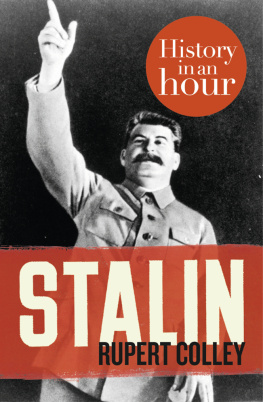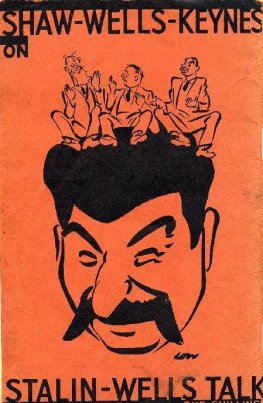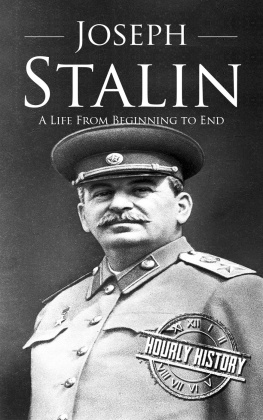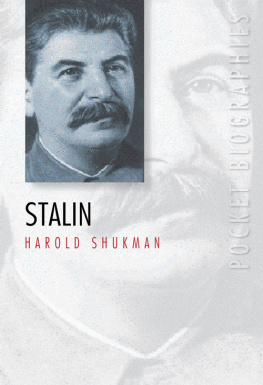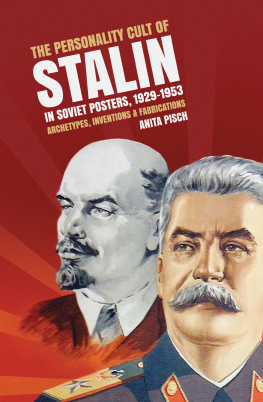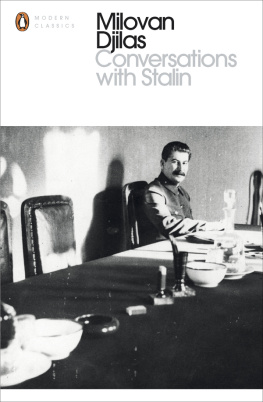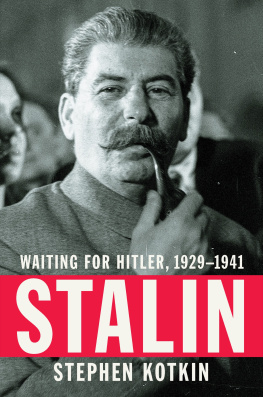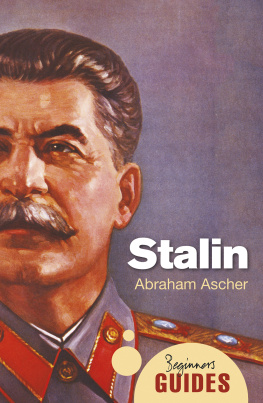
Table of Contents
Copyright 1962 by Harcourt Brace & Company
Copyright renewed 1990 by Harcourt Brace &Company
All rights reserved. No part of this publication may be reproduced or transmitted in any form or by any means, electronic or mechanical, including photocopy, recording, or any information storage and retrieval system, without permission in writing from the publisher.
For information about permission to reproduce selections from this book, write to Permissions, Houghton Mifflin Harcourt Publishing Company, 215 Park Avenue South, New York, New York 10003.
www.hmhco.com
Library of Congress Cataloging-in-Publication Data is available.
ISBN 0-15-622591-3 (Harvest: pbk.)
e ISBN 978-0-544-49572-2
v1.1214
To the memory of
ANEURIN BEVAN
Note on the Spelling and Pronunciation of Serbo-Croat Words and Names
s = s as in sink
= sh as in shift
c = ts as in mats
= ch as in charge
= similar to, but lighter than, as in arch
= j as in French jour
z = z as in zodiac
j = y as in yell
nj = n as in neutral
g = g as in go
dj = g as in George
lj = li as in million
Foreword
I T IS in the nature of the human memory to rid itself of the superfluous, to retain only what has proved to be most important in the light of later events. Yet that is also its weak side. Being biased it cannot help adjusting past reality to fit present needs and future hopes.
Aware of this, I have endeavored to present the facts as exactly as possible. If this book is still not exempt from my views of today, this should be attributed neither to ill will nor to the partisanship of a protagonist, but rather to the nature of memory itself and to my effort to elucidate past encounters and events on the basis of my present insights.
There is not much in this book that the well-versed reader will not already know from published memoirs and other literature. However, since an event becomes more comprehensible and tangible if explained in greater detail and from several vantage points, I have considered it not unuseful if I, too, had my say. I hold that humans and human relationships are more important than dry facts, and so I have paid greater attention to the former. And if the book contains anything that might be called literary, this too should be ascribed less to my style of expression than to my desire to make the subject all the more engaging, clear, and true.
While working on my autobiography, the idea occurred to me, in 1955 or 1956, to set apart my meetings with Stalin in a separate book which could be published sooner and separately. However, I landed in jail, and it was not convenient for me, while imprisoned, to engage in that kind of literary activity since, even though my book dealt with the past, it could not but impinge on current political relations.
Only upon my release from prison, in January of 1961, did I return to my old idea. To be sure, this time, in view of changed conditions and the evolution of my own views, I had to approach this subject rather differently. For one thing, I now devoted greater attention to the psychological, the human aspects of these historical events. Moreover, accounts of Stalin are still so contradictory, and his image is still so vivid, that I have also felt it necessary to present at the end, on the basis of personal insights and experiences, my own conclusions about this truly enigmatic personality.
Above all else, I am driven by an inner necessity to leave nothing unsaid that might be of significance to those who write history, and especially to those who strive for a freer human existence. In any case, both the reader and I should be satisfied if the truth is left unscathed even if it is enveloped in my own passions and judgments. For we must realize that, however complete, the truth about humans and human relations can never be anything but the truth about particular persons, persons in a given time.
Belgrade
November 1961
I
RAPTURES
1
T HE first foreign military mission to come to the Supreme Command of the Army of Peoples Liberation and Partisan Units of Yugoslavia was the British. It parachuted in during May 1943. The Soviet Mission arrived nine months laterin February 1944.
Soon following the arrival of the Soviet Mission the question arose of sending a Yugoslav military mission to Moscow, especially since a mission of this kind had already been assigned to the corresponding British Command. In the Supreme Command, that is, among the members of the Central Committee of the Communist Party of Yugoslavia who were working at headquarters at the time, there developed a fervent desire to send a mission to Moscow. I believe that Tito brought it orally to the attention of the Chief of the Soviet Mission, General Korneev; however, it is quite certain that the matter was settled by a telegram from the Soviet Government. The sending of a mission to Moscow was of manifold significance to the Yugoslavs, and the mission itself was of a different character and quite different purpose to the one assigned to the British Command.
As is known, it was the Communist Party of Yugoslavia that organized the Partisan and insurgent movement against the German and Italian forces of occupation in Yugoslavia and their domestic collaborators. While solving its national problems through the most ruthless kind of warfare, it continued to regard itself as a member of the world Communist movement, as something inseparable from the Soviet Unionthe homeland of socialism. Throughout the entire war the innermost agency of the Party, the Political Bureau, more popularly known by the abbreviated name Politburo, managed to keep a connection with Moscow by radio. Formally this connection was with the Communist Internationalthe Cominternbut at the same time it meant a connection with the Soviet Government as well.
The special conditions brought on by war and the survival of the revolutionary movement had already, on several occasions, led to misunderstandings with Moscow. Among the most significant I would mention the following.
Moscow could never quite understand the realities of the revolution in Yugoslavia, that is, the fact that in Yugoslavia simultaneously with the resistance to the forces of occupation a domestic revolution was also going on. The basis for this misconception was the Soviet Governments fear that the Western Allies, primarily Great Britain, might resent its taking advantage of the misfortunes of war in the occupied countries to spread revolution and its Communist influence. As is often the case with new phenomena, the struggle of the Yugoslav Communists was not in accord with the settled views and indisputable interests of the Soviet Government and state.
Nor did Moscow comprehend the peculiarities of warfare in Yugoslavia. No matter how much the struggle of the Yugoslavs enheartened not only the militarywho were fighting to preserve the Russian national organism from the Nazi German invasionbut official Soviet circles as well, the latter nevertheless underrated it, if only by comparing it with their own Partisans and their own methods of warfare. The Partisans in the Soviet Union were an auxiliary, quite incidental force of the Red Army, and they never grew into a regular army. On the basis of their own experience, the Soviet leaders could not comprehend that the Yugoslav Partisans were capable of turning into an army and a government, and that in time they would develop an identity and interests which differed from the Sovietin short, their own pattern of life.
Next page

